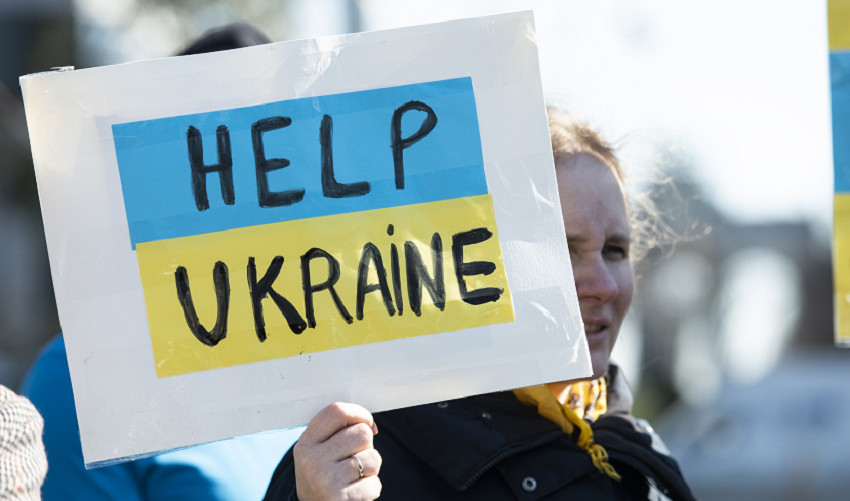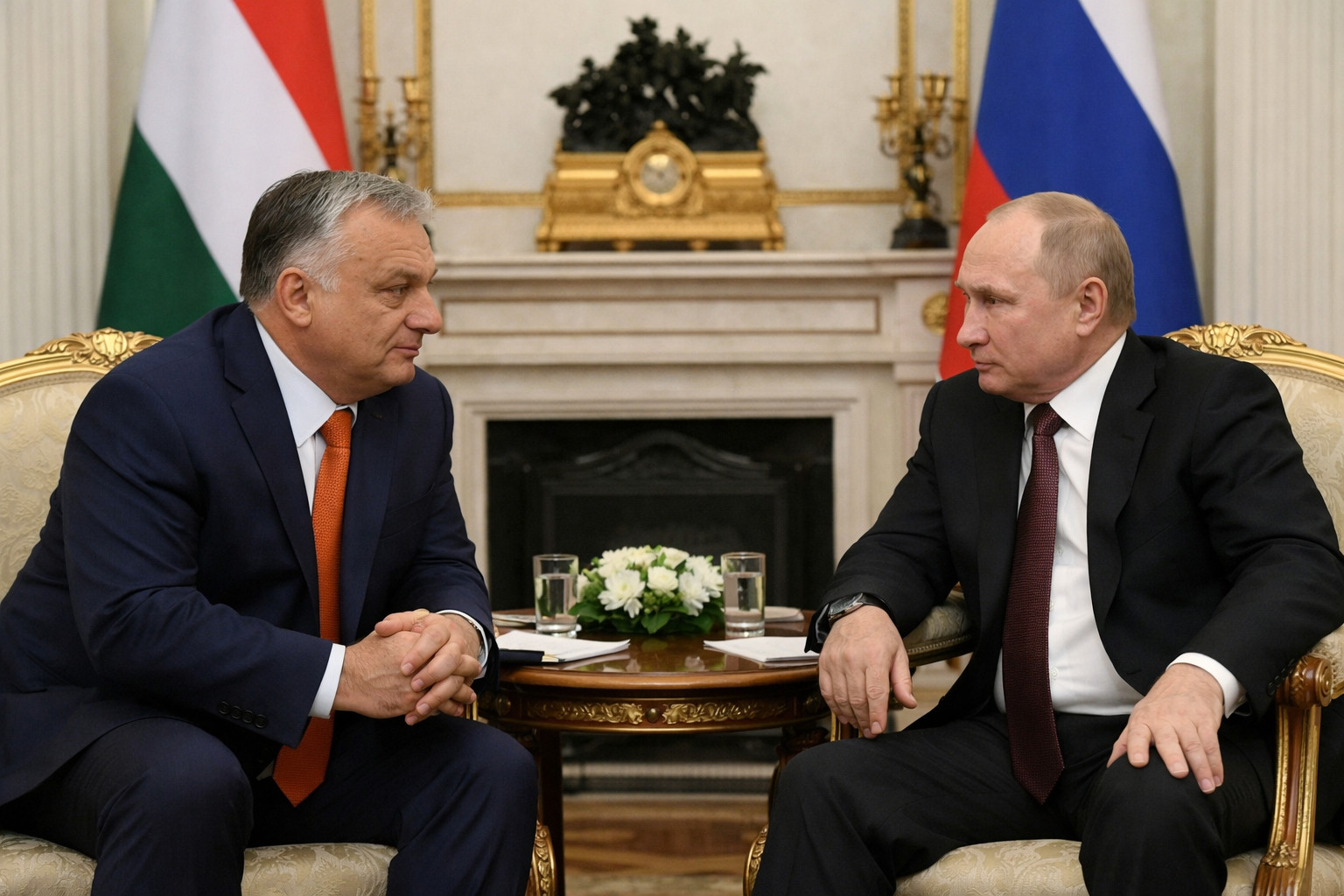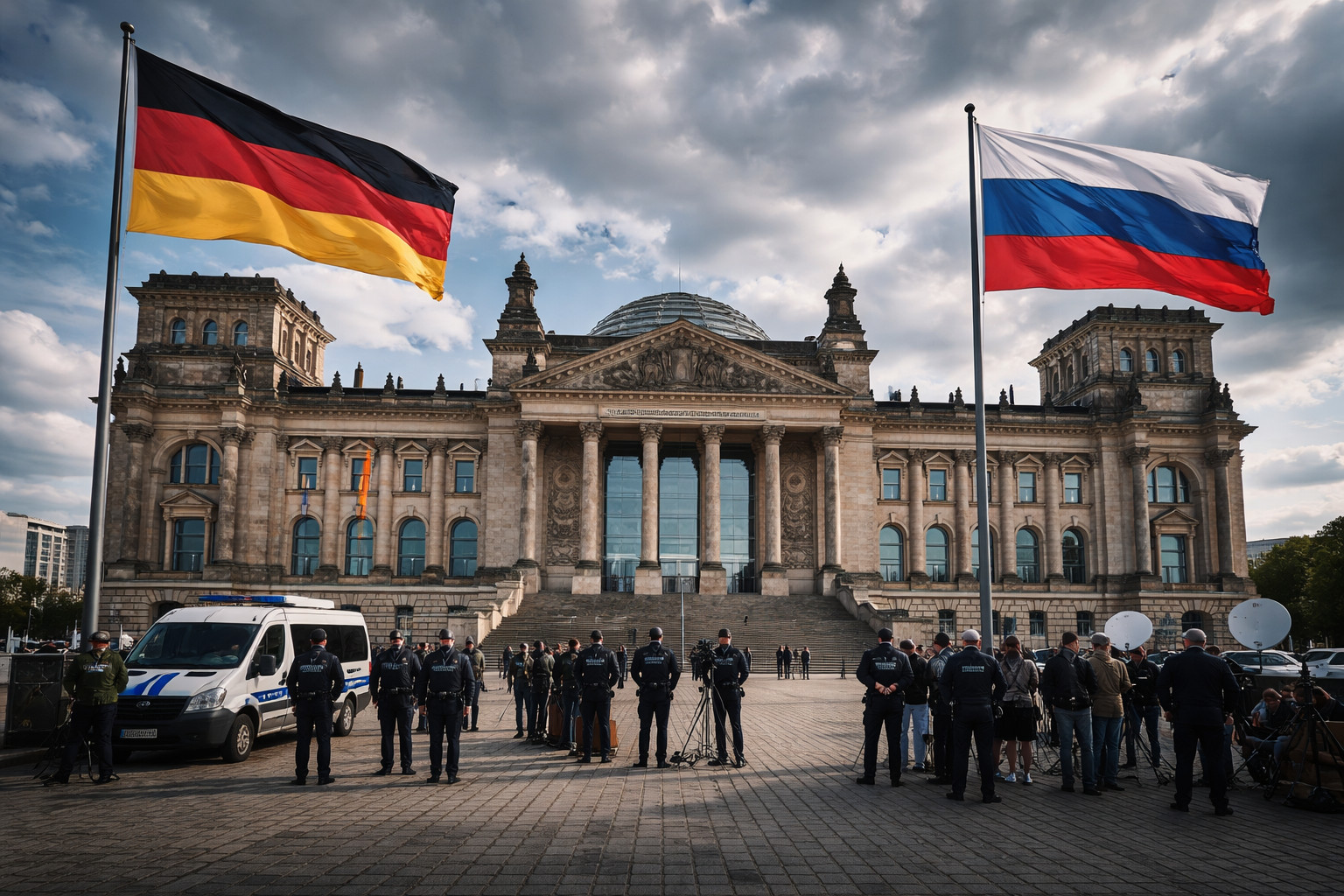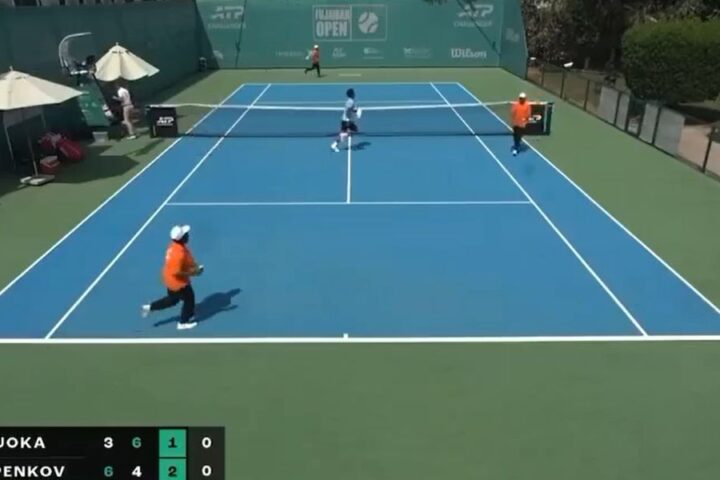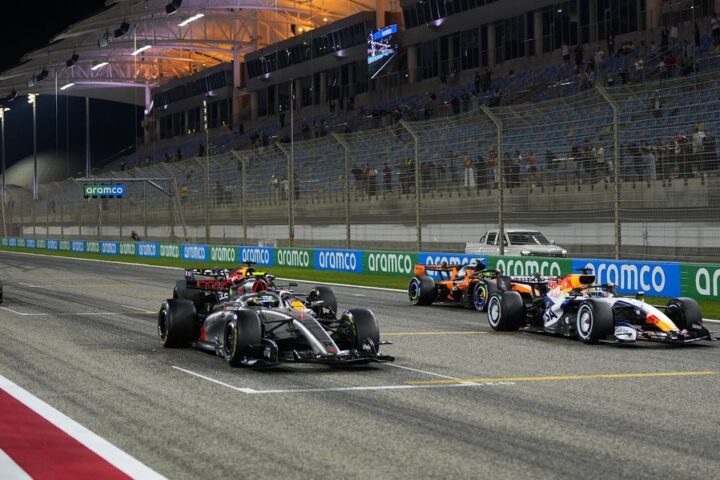As the war in Ukraine grinds on, Russia is intensifying a parallel, less visible campaign: a full-scale cognitive war aimed at shaping the thinking, emotions and decisions of its opponents. According to a recent analysis by Foreign Policy, this strategy has become a critical pillar in the Kremlin’s toolbox—not just to destabilize Ukraine but to erode political will in Western democracies and shield Vladimir Putin’s regime from collapse.
A war of the mind, not the battlefield
Unlike traditional disinformation or propaganda, Russia’s cognitive warfare does not simply distort facts—it seeks to reshape perception itself. The aim is not to defeat adversaries militarily but to induce them to surrender psychologically. By crafting persuasive narratives, flooding media spaces with ambiguity, and promoting “rational” compromises on Russia’s terms, the Kremlin engineers doubt, hesitation and inaction among its enemies. The strategy targets not only Ukraine and the West but also Russia’s own population, reinforcing regime resilience amid internal weaknesses.
This war operates across platforms: international media, academic conferences, diplomatic forums, and even seemingly neutral peace initiatives. It’s a multi-layered influence campaign that uses not just lies, but cognitive traps—frames and contexts designed to redirect thinking in ways that serve Moscow’s agenda.
Beyond disinformation: systemic manipulation
A primer by the Institute for the Study of War outlines how Russia’s approach differs from standard information warfare. It is a comprehensive system of psychological influence that incorporates diplomacy, media manipulation, synthetic expert analysis, and covert funding of political actors. Pro-Russian messages—ranging from “war fatigue” to calls for compromise—are increasingly echoed not only by Kremlin-friendly outlets but also by Western voices, creating the illusion of balance while subtly undermining support for Ukraine.
What makes this approach effective is its nuance. Unlike direct propaganda, these narratives often sound calm, reasonable, and rooted in concern for peace and stability. They discourage decisive action not by confrontation, but by suggestion—urging delay, restraint, or the pursuit of “realistic solutions” that just happen to benefit Moscow.
Europe as a primary target
Europe remains the most vulnerable arena for this strategy. Russian cognitive operations exploit political polarization, media fragmentation, and growing public fatigue over Ukraine. In capitals across the continent, debates over aid to Kyiv are increasingly shaped not by battlefield developments, but by manipulated perceptions of cost, risk and benefit.
By eroding unity and slowing decision-making, the Kremlin’s goal is not to achieve a swift military victory, but to demobilize Western willpower. When European leaders hesitate or dilute their support for Ukraine, it’s often not because of battlefield setbacks—but because Russia’s cognitive operations have succeeded in reframing the very terms of the debate.
A tool of authoritarian survival
Inside Russia, cognitive warfare plays another crucial role: masking systemic fragility. As economic stagnation, technological isolation and social tension threaten the regime’s stability, the Kremlin relies on narrative control more than coercion. Carefully constructed realities deflect attention from domestic failures and reinforce the illusion of strategic strength.
These operations draw on Soviet-era “active measures,” enhanced by modern tools—social media manipulation, AI-generated content, and transnational networks of influence. Russia is no longer a global power in terms of economy or technology, but it aspires to be a superpower in perception management.
A growing global threat
Russia is not alone in deploying cognitive tools. China, Iran and North Korea have all experimented with operations aimed at undermining U.S. credibility and shaping global narratives. Yet Russia remains the most adept, with decades of practice and a unique ability to blend authoritarian legacy with digital-age instruments.
Its efforts are increasingly transnational, subtle and embedded—making them harder to counter than traditional cyber or military threats. This makes the cognitive domain a critical battleground of the 21st century.
Rethinking defense beyond firepower
The danger of cognitive warfare lies in its invisibility. It rarely triggers alarms or headlines, yet its consequences—hesitation, division, inaction—can be strategically devastating. Defending against it requires more than fact-checking; it demands institutional resilience, coordinated international countermeasures and a new kind of strategic literacy.
To withstand cognitive attacks, democracies must learn to recognize and neutralize the mechanisms of manipulation, especially when they come cloaked in diplomacy, expertise, or calls for peace. In a world where influence is weaponized, the mind is the new frontline.
